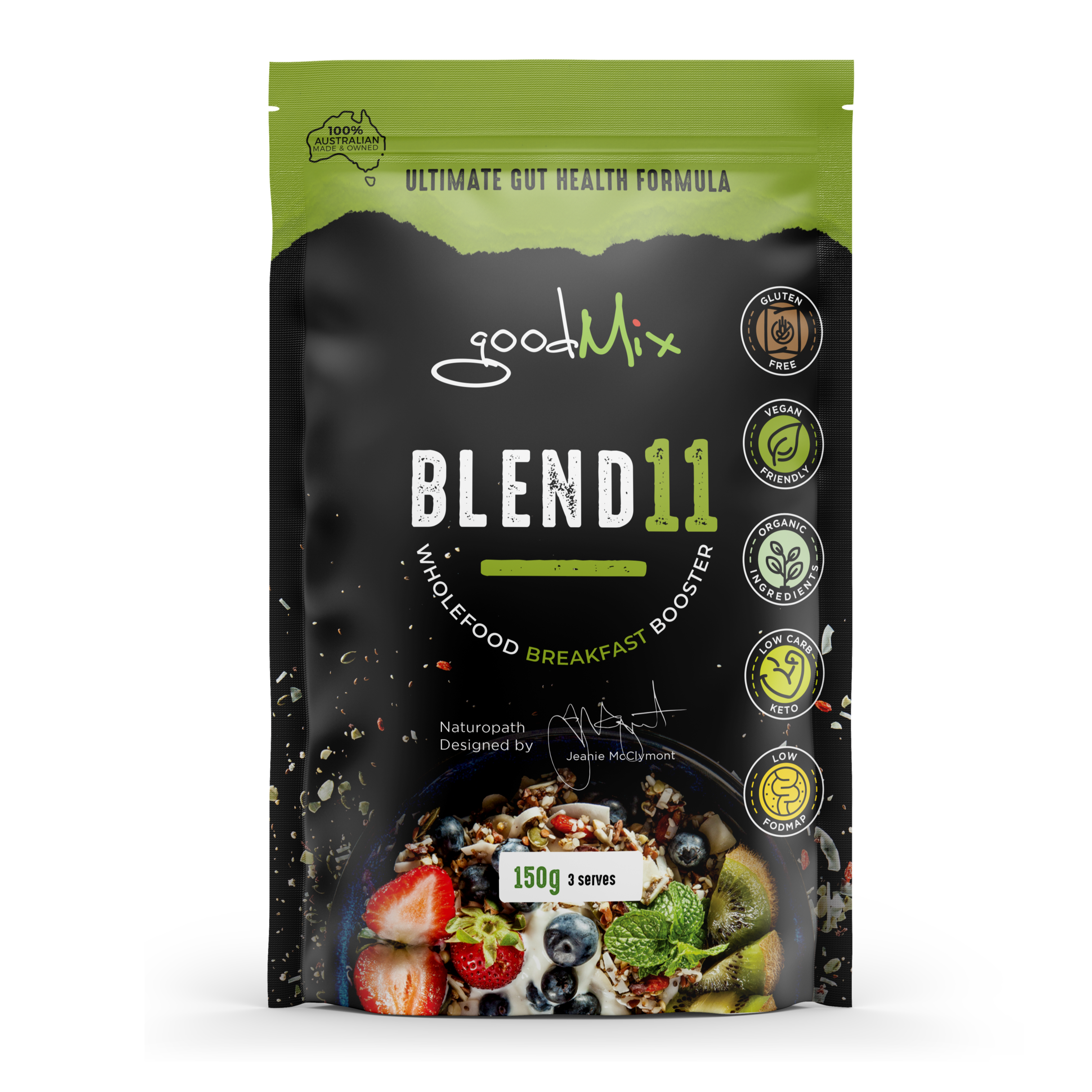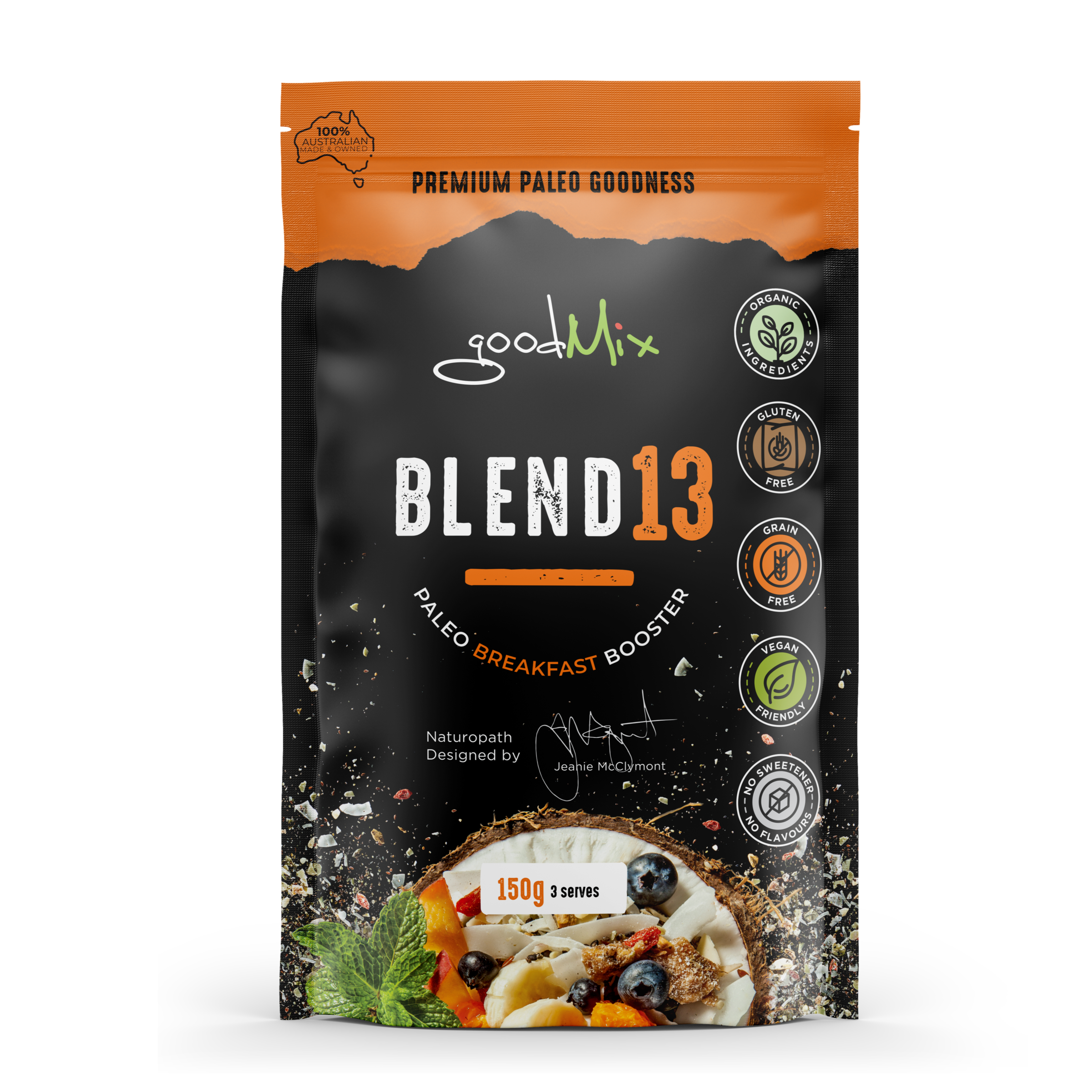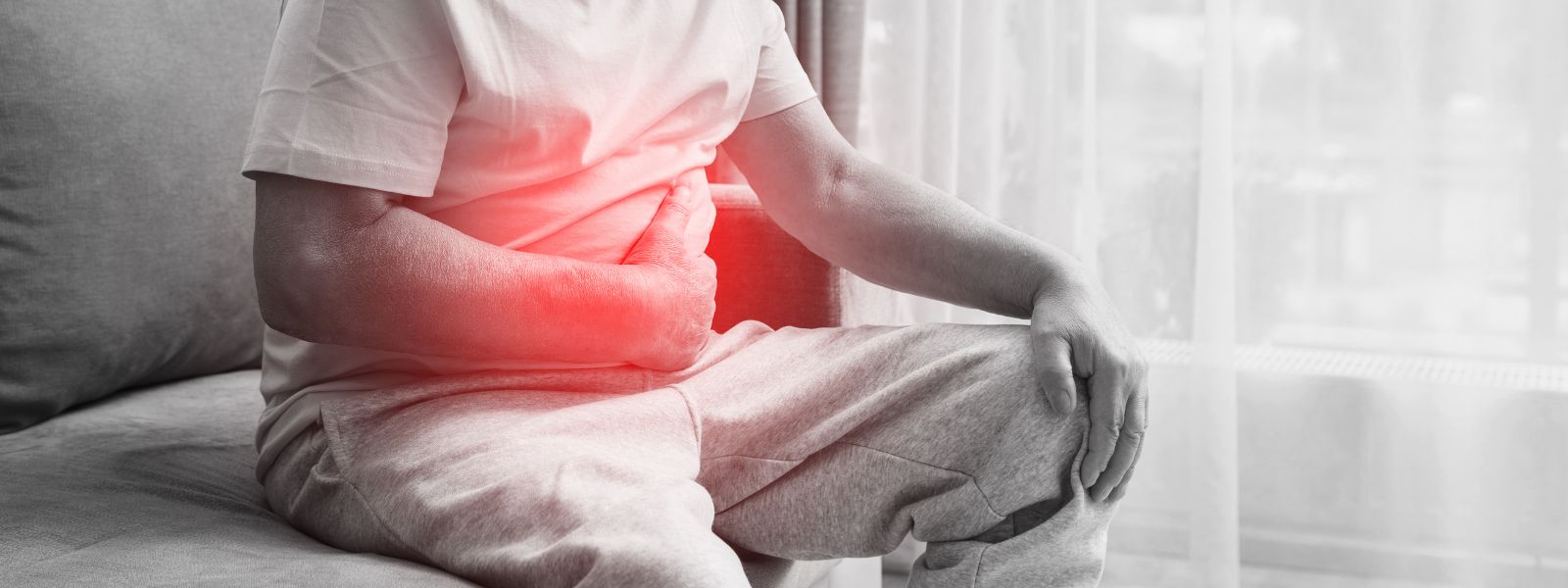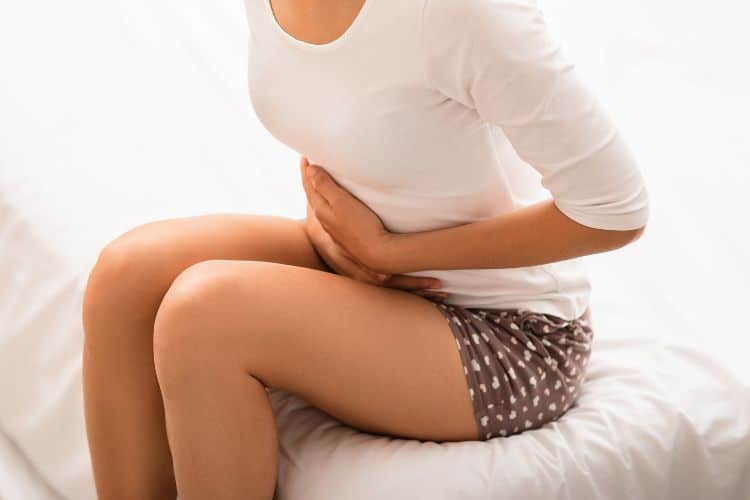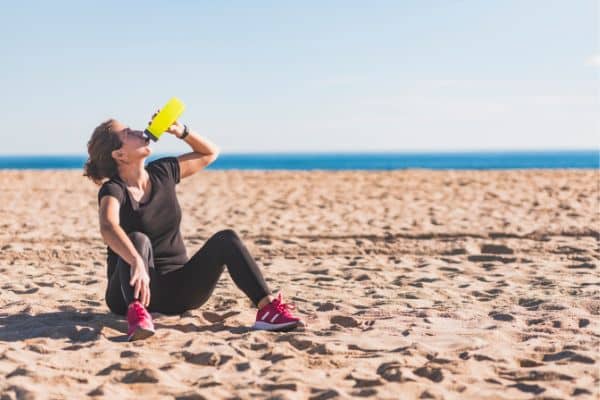
Naturopathic Support For Menopausal Vaginal Dryness
Due to popular demand, this is a follow on from my recent perimenopause blog:
You may wish to read that one first if you are still getting periods, but the following info can be useful for any stage of vaginal health also!
Menopause = Vaginal Changes:
If your period has been absent for 12mths or more, then you’ve officially passed into menopause, & you may start to notice some vaginal dryness / changes to the mucous membranes of your lady parts. Here’s a few naturopathic tips you can use to make these annoyances more manageable! I’ll cover other aspects of menopause in another post, as there is a lot to cover!
Why Does Being Menopausal Cause Vaginal Dryness?
Being in menopause means no eggs are being released from your ovaries anymore, which means your body has way less oestrogen circulating through your entire body. This impacts many bodily functions & parts, including your vaginal health & function. Decreased oestrogen causes changes to the actual mucous membranes & also to the vaginal microbiome. Up to 40% of women will experience some degree of vaginal pain, dryness, burning, itching, painful intercourse & urination once they enter the menopausal phase, & it can also mean more frequent urinary tract infections. You can choose to treat this with topical oestrogen, which can work really well / seems safe, but there are a few naturopathic tricks to help stay on top of things if you want to try!
Zinc:
When young female rats were kept on a zinc-lacking diet, their vaginal structure became similar to the menopausal vagina. Good to note that if you’re zinc deficient (at any time, even pre-menopausal), it could be impacting your vaginal health, not to mention the gazillion other processes your body requires zinc for! Zinc bisglycinate, zinc carnosine, zinc citrate are some good ones. Always take zinc supplements with food (it makes some people very nauseous otherwise). Zinc is one of the most common human deficiencies across the board, but especially among those of us who’s diet is heavily plant based, & anyone with compromised absorption due to gut issues. During menopause, ensuring adequate zinc levels helps not only with vaginal health, but also will support the cardiovascular system & decrease chances of metabolic dysfunction, weight gain, headaches & low energy. Definitely ensure your zinc levels are optimal if you are suffering from any kind of menopausal discomfort. You can ask your practitioner to check your levels with a blood test, or you can try taking 40-50mg daily for a few months to see if there are improvements (or if you prefer to treat with food & are ok with liver / pate / oysters - go for it)! I also just noticed a Canadian women’s underwear brand ‘Huha’ made with zinc actually infused into the breathable gusset fabric. Amazing idea - have not tried them, but check it out.
Sea buckthorn:
Taking sea buckthorn oil provides relief for many experiencing vaginal dryness, itching & burning. It’s also amazing for your skin, & can be used topically as well as included in your diet / swallowed as capsules. Try Bioceuticals Alpha efa, 2-4 capsules daily (for any skin / body dryness), or ‘Weleda’ Sea Buckthorn (in liquid form). Ask in your local health food store.
Lubrication Options (Internal & External):
Plenty of good fats in the diet can help keep your skin & also your vaginal mucous membranes healthy & lubricated. Low fat diets can do the opposite, especially if also low in zinc. Following low fat diets can also be not so great for your bowel regularity as our liver won’t be secreting as much bile - our own naturally produced laxative, which means less bowel movement, & also impacts our microbiome. If you’ve been eating low fat for a while & don’t feel great, try increasing your good oils! Blend11 or Blend13 are easy breakfast options to take a good dose of several types of healthy fat, & for bonus points you could have some oily fish & a salad with avocado & hempseed / walnuts for lunch or dinner! Drink plenty of water each day also - it’s ‘body lubrication 101’, but so often neglected! Not enough water means dry lips, dry skin, dry throat, dry respiratory system, dry bowel, & dry vagina! If you’re not thirsty, a) try doing more exercise, & b) ‘eat your hydration’ with more watery fruit & veg, soups, smoothies etc. We can dry out especially quickly when outdoors in the wind during winter.
For topical lubrication, you can try applying these directly to dry vaginal areas:
- Coconut oil (with or without added Fennel oil), just keep a jar in the fridge & break off a small chunk to insert upon going to bed at night.
- ‘Yes’ brand vaginal moisturiser
- ‘Sylk’ brand lubricant
- ‘Weleda’ sea buckthorn oil
- ‘Bezecken’ cubes / ovules
- Fennel oil (liquid or pessaries)
- Pure aloe vera (clear inner leaf only)
- Vitamin E capsules (break & apply topically)
All can help alleviate dryness & discomfort.
And if there’s been a long ‘break between vaginal use’ given the menopausal symptoms, ease back into any sexual activity very slowly & gently. Like anything, if you don’t use it, you lose it!
Vaginal Microbiome:
Like the microbiome lining your gut, there’s one lining your vagina too. There are strain specific ‘feminine health’ probiotics you can find (even in supermarkets), & now even tests that your practitioner can order, to assess your vaginal microbial balance in great detail. It changes in response to menopausal hormonal shifts, hydration, supplements & medications, sexual activity / partners, washes / lubricants / products, underwear etc. Keep this in mind when introducing anything new or making changes, & definitely see a practitioner specializing in this area if you’re concerned. Vaginal tissue changes due to less oestrogen create a new environment & the pre-menopausal microbiome will shift / may take a while to rebalance, & may cause some infections along the way. Check out Moira Bradfield ‘Intimate Ecology’ for more tips here, or to book in to see someone she’s trained.
Herbal Tonics:
‘Shatavari’ is the Sanskrit name for ‘asparagus racemosa’, an Ayurvedic herb whose name translates roughly to ‘she who possesses 100 husbands’. Sounds interesting / scary, but definitely offers great support for libido / energy / stress. Ask in your local health food store.
Tribulus & Maca are another couple of herbs that seem to help many menopausal women (with libido & sexual energy, which in turn will improve the flow of energy, blood & lubrication to vaginal tissue). There are a lot of herbs to look into, but these 3 are my faves.
Meditation Practices:
There are many meditation practices for sexual health (mainly derived from the ancient Chinese & Indian systems of medicine). These guys loved their love-making & were not about to let menopause stop the fun, plus they used various sexual practices to increase general health, energy & longevity (also great stress relief in today’s crazy world!). Look up taoist or tantric meditations or practices for increasing female sexual energy & sexual health / menopause, or just start out with some deep belly breaths & visualise energy flowing into & enlivening / waking up that area. So much info for the guys also (one of the best ways to motivate blokes not previously into natural health / meditation etc)! Wherever you direct your awareness, more life energy, blood & healing will flow there. (Apply this principle to any area of your body that needs it)!
Hope you found something useful in here - by no means an exhaustive list of what’s available - just know that if you are experiencing frustrating menopausal symptoms, there are many ‘outside the western medical box’ things you can do to help, & many practitioners with a wealth of knowledge in this area. Please feel free to reach out with any specific Q’s & I’ll do my best to help / share tips / refer you to someone appropriate!

